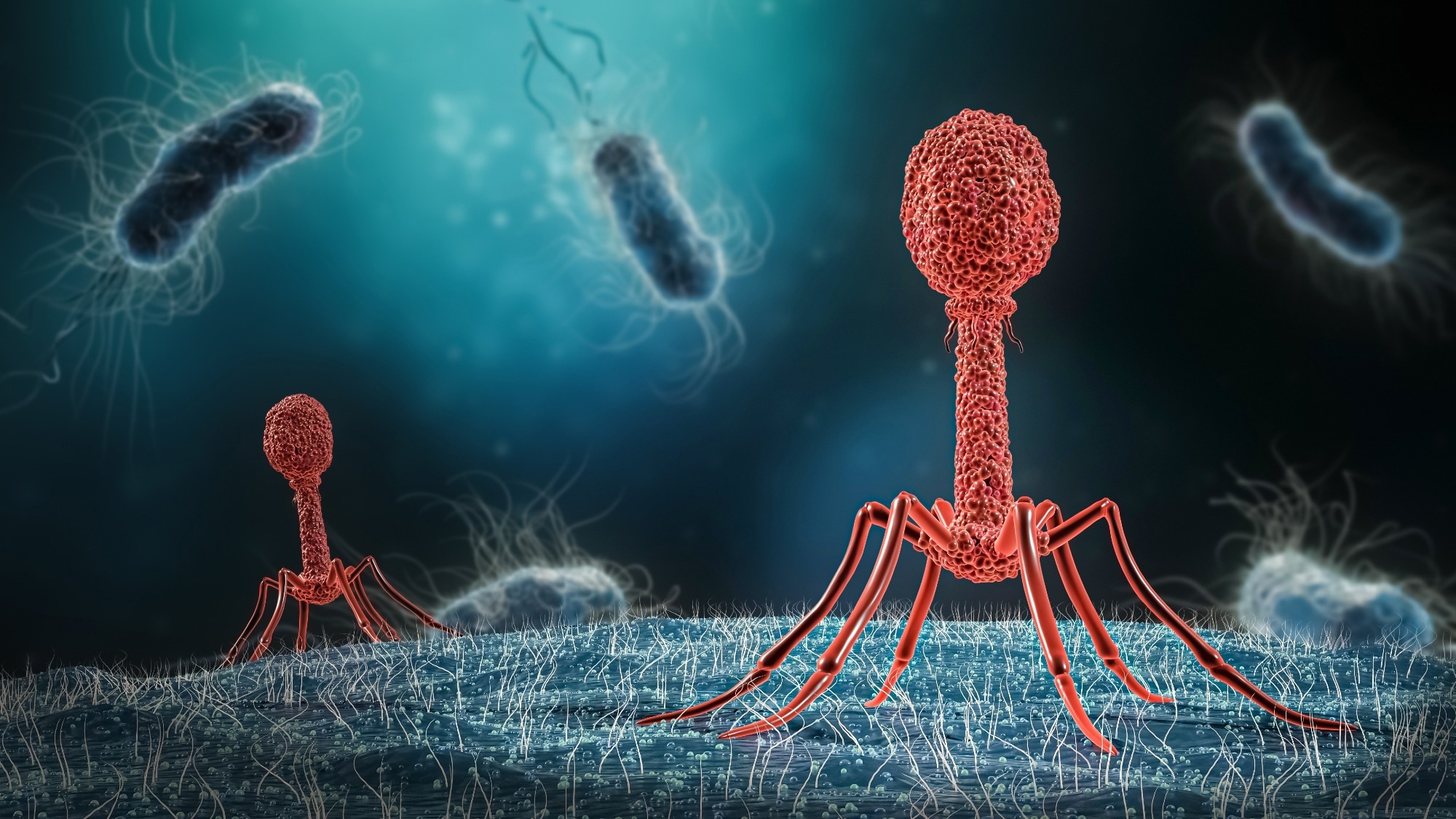The Beneficial Viruses Bacteria and viruses have had a tremendous impact on human history, triggering lethal disease outbreaks.
However, not all viruses are dangerous, and scientists are learning about the virome (bacteriophages).

What exactly are Virome?
- What it is: A virus microbiome is a collection of viruses in our bodies that contribute to our health, comparable to a bacterial microbiome.
- Bacteriophages: The vast majority of viruses in our bodies are bacteriophages, which eliminate bacteria in our microbiomes without harming human cells.
- Large in number: Our bodies contain approximately 380 trillion virus particles, which is ten times the number of bacteria.
- Viruses that are beneficial: Some viruses are helpful in eliminating cancer cells, educating the immune system, fighting pathogens, and controlling gene expression during pregnancy.
Bacteriophages and Phage Therapy
- Bacteriophages hunt down bacteria, attach to their surface, inject viral DNA, and reproduce inside the bacteria before bursting the bacterial cell and releasing new viral particles.
- Scientists investigated phages as potential therapies for bacterial infections in the early twentieth century, but antibiotic development dominated this study.
- Antibiotic Resistance: As antibiotic-resistant bacteria proliferate, scientists are reconsidering phage therapy as a treatment option for bacterial illnesses.
- Phages have the following advantages: they successfully target multi-resistant infections, they are precise in removing bacterial strains, and they do not damage the gut microbiota like antibiotics do.
Phage Therapy in Practice
- Historically, phage therapy was used in nations where antibiotics were limited, such as Georgia, Ukraine, and Russia. These areas have seen effective antibiotic-resistant illness treatment outcomes.
- Phage therapy is gaining popularity in nations such as Belgium, the United States, and Germany, with specialised therapy institutes and calls for more investigation and utilisation.
- Hurdles and Safety: The hurdles of standardising therapy and customising phages to specific bacteria causing infection remain. Phage treatments, on the other hand, have an excellent safety record and are well tolerated by human bodies.
Prospects for the Future
- Phages are unlikely to replace antibiotics, but they could be used in conjunction to improve antibiotic efficiency, particularly against resistant bacterial species.
- Clinical and research projects: More large-scale research and clinical trials are needed to develop effective phage treatments for various types of illnesses.
Source: https://www.ncbi.nlm.nih.gov/books/NBK493185/
